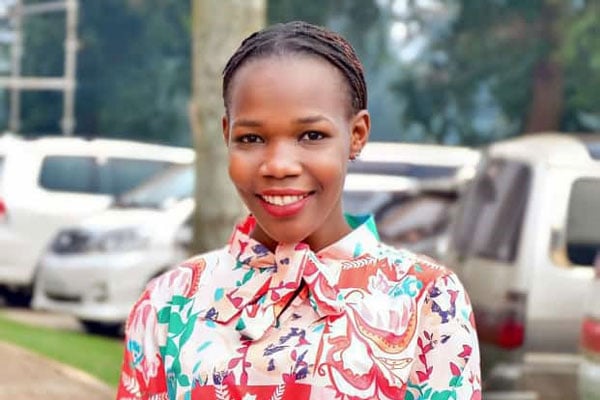Museveni, Salva Kiir discuss security, trade

President Museveni and his South Sudan counterpart Salva Kiir during a meeting at State House Entebbe yesterday. Photo/PPU
What you need to know:
The two heads of State discussed trade, border security and conflicts in South Sudan.
President Museveni and his South Sudan counterpart Salva Kiir yesterday met and held discussions on mutual interests between the two countries and border security.
Although it was a closed-door meeting, Mr Sandor Walusimbi, the president’s senior press secretary, said the two heads of State discussed border security and conflicts in South Sudan.
“The discussions were centred on regional issues, border security and the conflict in South Sudan,” Mr Walusimbi said.
The discussions further centred on common interests between the two nations.
Last week, South Sudanese allegedly raided more than 20 villages in Kerwa and Kochi sub-counties in Yumbe District, claiming the area is part of their territory.
The incident brought tension at the border.
It is not the first time cross-border clashes between the two countries have occured.
In 2020, two Uganda People’s Defence Forces (UPDF) soldiers were killed and one sustained injuries during a border fight.
The incident also left four South Sudan soldiers dead.
Uganda has played an outsized role in regional security under President Museveni for the last 35 years.
The President has demonstrated his desire to end the South Sudan war by holding talks between Salva Kiir and his rival Riek Machar.
Two years after separating from Sudan in 2011, the oil-rich country was plunged into a war that left thousands of people dead and displaced more than four million people.
Mr Museveni last year called for peaceful elections in South Sudan.
According to the Revitalised Peace Agreement that was signed to end the fighting, the country was supposed to hold elections this year.
However, the war has persisted because of jostling for political supremacy between President Kiir and his rival Riek Machar.
Ever since the country gained Independence in 2011, the country has never held elections partly due to the ongoing war.
In 2018, the United Nations (UN) Security Council imposed an arms embargo on South Sudan.
In February 2020, South Sudan formed the Revitalised Transitional Government of National Unity (RTGoNU), which was part of the provision of the agreement
In August 2022, South Sudan signed a two-year extension of the transitional government as the only option for preventing the nation from relapsing to war since Kiir explained that he didn’t want to rush into elections.
South Sudan, one of the world’s poorest countries despite large oil deposits, has faced several challenges, including war, natural disasters, hunger, ethnic violence and political infighting since it gained independence in 2011.
Agreements
In June, the two governments signed a Power Sales Agreement to boost power trade between the two countries and bring socio-economic development to the border towns of Oraba, Elegu, Kaya and Nimule.
On February 21, South Sudan and Uganda also signed an agreement on joint management of security on the borders of the two countries.
The agreement was geared towards eliminating barriers to the free movement of people, goods and services between Uganda and South Sudan under the East African Community protocol.
The agreement also spelt that South Sudan and Ugandan security agencies collaborate to end harassment of refugees, returnees and traders following a spate of arrests.
Dignitaries
The meeting was attended by Uganda’s Minister of State for Foreign Affairs Henry Okello-Oryem and the Director General- of External Security Organisation (ESO) Ambassador Joseph Ocwet. The South Sudan delegation included Mr Barnaba Marial Benjamin, the Minister of Presidential Affairs, Dr Martin Elia Lomuro, the Minister of
Cabinet Affairs, and Dr James Pitia Morgan, the Minister of Foreign
Affairs and International Cooperation, among others.





